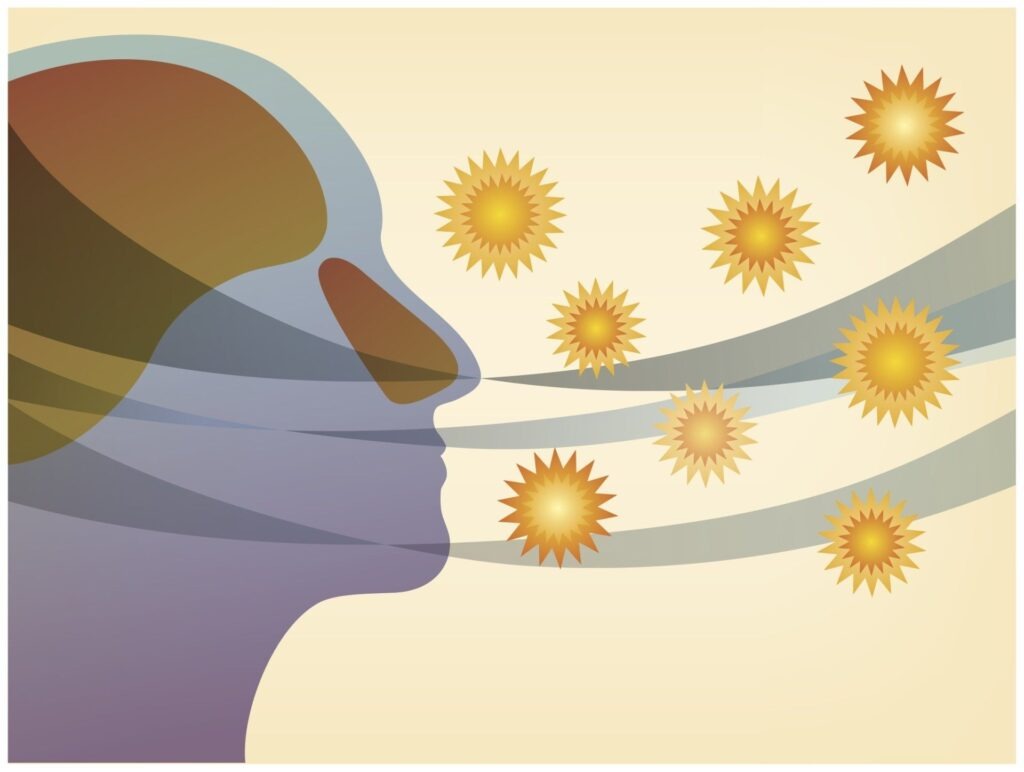- fei
- 0 Comments
Most of us know someone affected by allergies if we are not a sufferer ourselves. Human beings can often become allergic to an array of different things in our environment. Pets, pollen, dust, shellfish, peanuts, dyes, fragrances & the list goes on. Allergies often show up in early childhood and are sometimes outgrown, but most often, allergies stick around into adulthood. Many sufferers learn which environmental factors to avoid attacks and/or find the most effective medications for relief.
So, what does it mean when the allergy-free adult suddenly becomes affected?
Well, our bodies are always communicating with us in some way or another. It tells us when it’s happy (after a fresh juice or protein breakfast) or when it’s annoying (hold the hot sauce please!). Yet, as we age, our immune system changes and we can simply become more sensitive and susceptible to things that didn’t seem to bother us before.
Here are some common things that can cause allergies in adults:
1. Moving to a new location with different trees, plants, and grasses. When the immune system is exposed to a new environment, it can react adversely.
2. Being exposed to allergens when the immune system is weakened. This is common during or after an illness or pregnancy.
3. Lack of exposure to an allergen as a child but reaching a threshold in adulthood, therefore, causing an allergic reaction
4. New pets. Never had a reaction to your neighbor’s dog or cat, but suddenly your own is causing you to suffer? Pet dander and prolonged exposure to other pet allergens can cause this in adulthood.
5. New fragrances and/or dyes. Want to try that new dishwashing detergent, that new cologne? Oftentimes, harsh chemicals are used as the fragrance & dyes in many everyday products. Check the ingredients before exposing your skin to potential hives and rashes.
6. Synthetic fabrics. Sources of textile allergies include not only the different types of fibers but also any chemical additives, such as fabric dyes and formaldehyde. Non-breathable fabrics can also cause sweatiness which can also increase allergic reactions of the skin.
If you’re suddenly bothered by an allergic reaction, first try an over-the-counter antihistamine. If this doesn’t help, consult your doctor to rule out other conditions.
Allergies can be unpleasant no matter how young or old you are, but listening closely to your body can help you identify your allergy triggers and find the best solutions to beat them.
